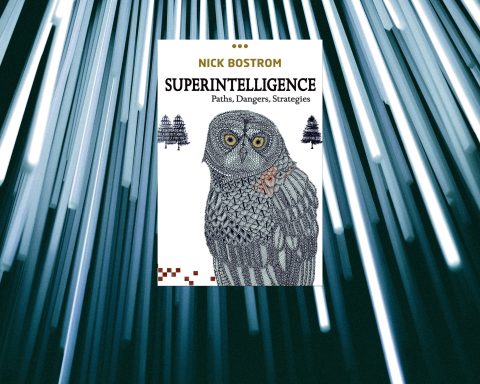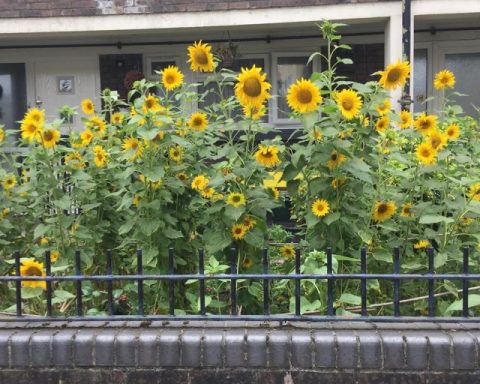Jessica Watson is a GP and an NIHR Academic Clinical Lecturer at Bristol University with an interest in optimal testing and test communication in primary care. She is on twitter @drjessicawatson
Fiona Hamilton is a writer, teaches Creative Writing for Therapeutic Purposes at Metanoia Institute and specialises in poetry exploring personal and social narratives. Her website is www.fionahamilton.org
Found poetry is created by taking words and phrases from other sources and reframing them – the literary equivalent of a collage.1 The form emerged in the twentieth century, influenced by Pop Art and Dadaism, whose artists sometimes placed everyday objects into different contexts to provoke fresh responses and questions. In this found poem, Fiona Hamilton used verbatim quotes from qualitative interviews with patients about recent experiences of test communication.2 Different patient voices were interwoven to capture the patient experience in a creative way. Lines from the transcripts were selected for their resonance or linguistic impact and arranged with line breaks so that qualities of voice, tone and underlying meaning could emerge.
Even in this ‘trivial’ exchange, there are emotions and nuances: an expectation of something in return – information, or illumination, or relief, or an end to uncertainty.
Blood testing is an almost universal experience – most doctors will have had a blood test themselves at some point. Although as doctors we are trained to see blood tests as a routine, perhaps relatively trivial intervention, in most other contexts blood is laden with mystery and deeper meanings: the giving of blood as sacrifice or propitiation; the duality of blood as life-sustaining and life-draining. Even in this ‘trivial’ exchange, there are emotions and nuances: an expectation of something in return – information, or illumination, or relief, or an end to uncertainty. Yet results could turn out to be inconclusive. Symptoms might continue despite the test showing ‘nothing wrong’. The patient may be left with more questions and uncertainty. The exchange was not what they expected.
We hope that readers of our academic paper might find this poem offers a complementary perspective – helping them to engage in a more reflective way with patients’ lived experiences of blood testing.
Poetry helps us to reconnect with this, and might trigger or remind us of the experience of being ‘on the other side’ as patients ourselves. We hope that readers of our academic paper might find this poem offers a complementary perspective – helping them to engage in a more reflective way with patients’ lived experiences of blood testing.
We also hope that this poem will help us to reach out beyond our traditional academic audience. As patient involvement and engagement becomes increasingly embedded in primary care research we suggest that found poetry may be a useful tool to help researchers connect with stakeholders and patient partners. We plan to use our found poems in future collaborative work with patient and public partners and stakeholders to help stimulate reflections, discussions and debate about how to improve test communication.
On the inside
On the outside I could be fine
on the inside my blood may be having
some different story
When you get a text saying
something’s come up on your blood tests
please contact your GP
you go oh my god
I’m dying
I’m guessing it’s due to the elevated levels
but I don’t know what that is
what is it you are looking to find?
Is there a name for if this thing is elevated?
I try to trust as much as I can
they know better than I do
You almost hope for a result that’s going to come back
with something that can be treated
The receptionist said yes
oh yes, I’ve looked it up
everything’s fine, no further action
you’re here, all clear
Coming back normal is fine but
does that mean they’re going to drop it?
does that mean there’s going to be any further investigation?
does that mean that this is we know
one of the other things
that they thought it could be?
It just leaves me with more questions
I wonder if I ought to make another appointment with the doctor
I wish now I’d said to him
would you want to see me again
I just leave it and I think
well if nobody contacts me
its fine
On the outside I could be fine
on the inside my blood may be having
some different story
References
- Patrick, L. D. Found Poetry: Creating Space for Imaginative Arts-Based Literacy Research Writing. Literacy Research: Theory, Method, and Practice. 2016;65(1):384-403. doi:10.1177/2381336916661530
- Watson, J., Chris Salisbury, Penny F Whiting, William T Hamilton, Jonathan Banks. ‘I guess I’ll wait to hear’— communication of blood test results in primary care a qualitative study. British Journal of General Practice. 2022. DOI: 10.3399/BJGP.2022.0069
Featured image by Nick Fewings on Unsplash








